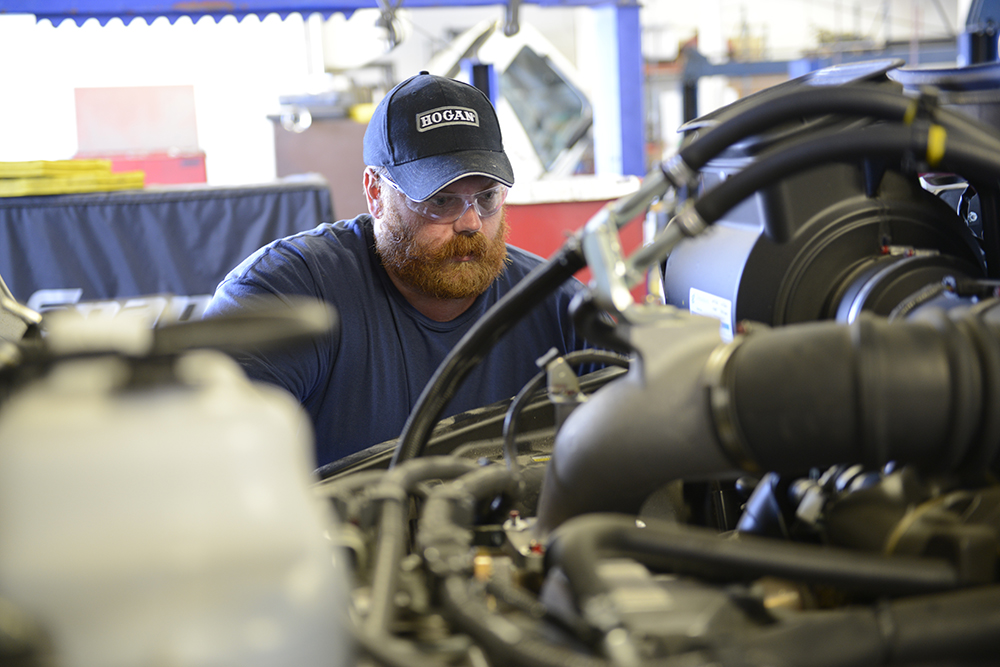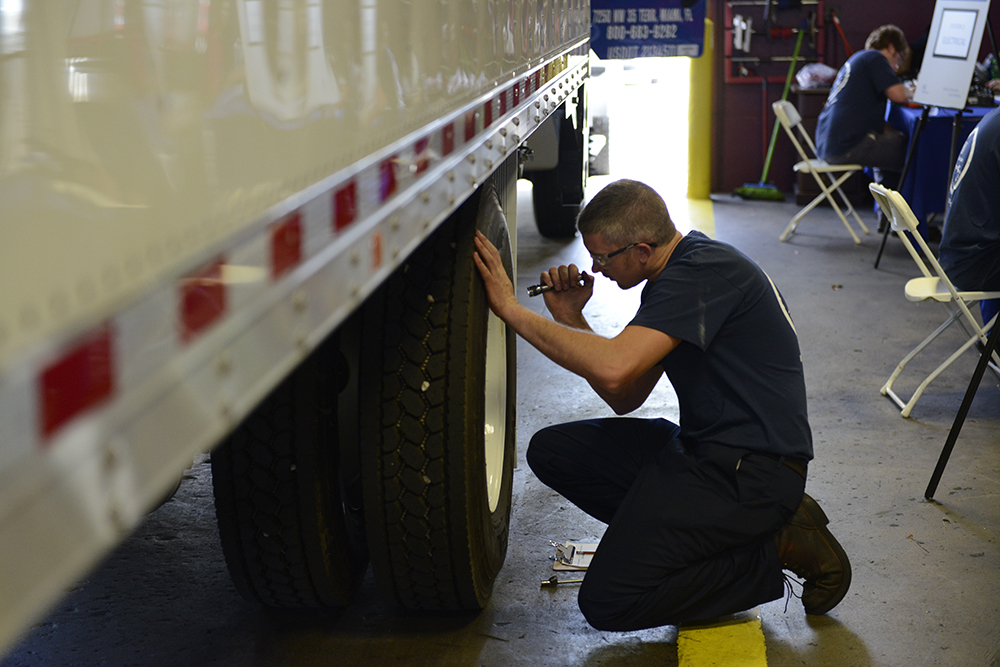Bringing maintenance in-house might seem like a way to gain greater control, but there are questions you need to answer first.
In a recent IdeaXchange blog, Jane Clark, Vice President of Member Services for NationaLease, cited a recent transportation study that reported fleets are seeing productivity improvements by bringing maintenance in-house. This may be true for fleets that already have the facilities, resources, and technicians necessary to service its vehicles. This may well depend on the size of the business. Larger fleets are more likely to have these resources than small to mid-size fleets would.
However, Jane notes that fleets may not be looking at the total cost of handling all maintenance in-house. As truck technology changes, so do the requirements for technicians and the need for compatible replacement parts. New or expanded facility space increases overhead and personnel costs. Here are four important points to consider before making a move to full in-house maintenance:
- Bay Space – Do you have physical capacity to handle the work necessary in your facility whenever it’s needed? If the answer is no, you need to calculate the costs of expansion, including utilities and other overhead costs.
- Technicians – Do you have enough technicians on staff with the skills necessary to handle and to resolve any maintenance and/or repair issues that might arise? Also, consider the cost and time needed to train technicians on new equipment and technology.
- Tools and Equipment – Unless you already have the diagnostic and scan tools needed for today’s vehicles, you are looking at a significant investment. And since these tools vary according to the vehicle manufacturer, you are probably looking at ongoing investments.
- Expertise – Consider the personnel costs that go beyond technicians, including but not limited to supervisors or managers who can effectively manage the maintenance and repair function. You also have to consider the additional cost for back-office staff to handle administrative support.
Jane also suggests fleets look at the cost of added insurance necessary to cover this expansion of services, the cost of added staff to handle administrative support, and the cost in time and money to remain compliant with ever-changing regulations and mandates. Jane makes it clear that rather than discouraging fleets from bring all maintenance in-house, she just wants them to consider all of the issues and do a comprehensive cost analysis before making the move.
See how you can steer clear of maintenance issues with contract maintenance.



